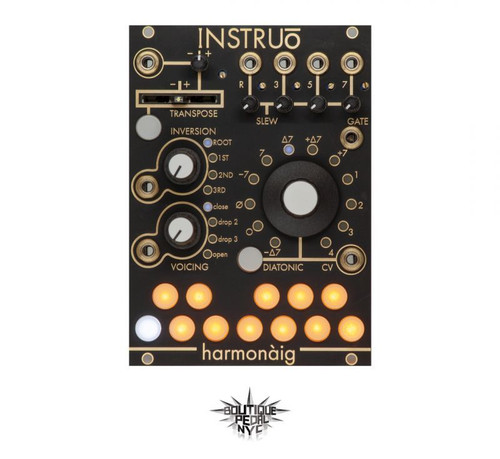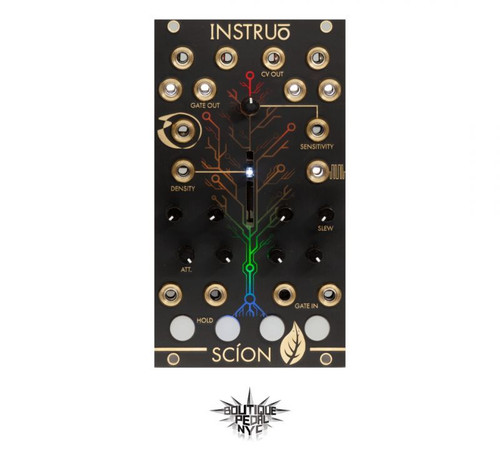Product Overview
Product Videos
Videos Hide Videos Show Videos
-

Plant Music: Dialog zwischen Mensch und Pflanze | ARTE Tracks
Die in den 1970ern entstandene „Plant Music“ verbindet Naturwi...
-

Instruō - Pocket SCÍON | Video Manual
Instruōducing the Pocket SCÍON https://pocketscion.com/ The P...
-

”Bananavocado" Bio-Feedback Instrument Bliss, Tada / Noise Buddha Pocket Scion MIDI
”Bananavocado" Bio-Feedback Instrument Bliss Tada / Noise Bu...




























![Instruō tanh[3] Instruō tanh[3]](https://cdn11.bigcommerce.com/s-58e73/images/stencil/500x659/products/1299/4646/20190913_cbf8d7__55397.1570594172.jpg?c=2)